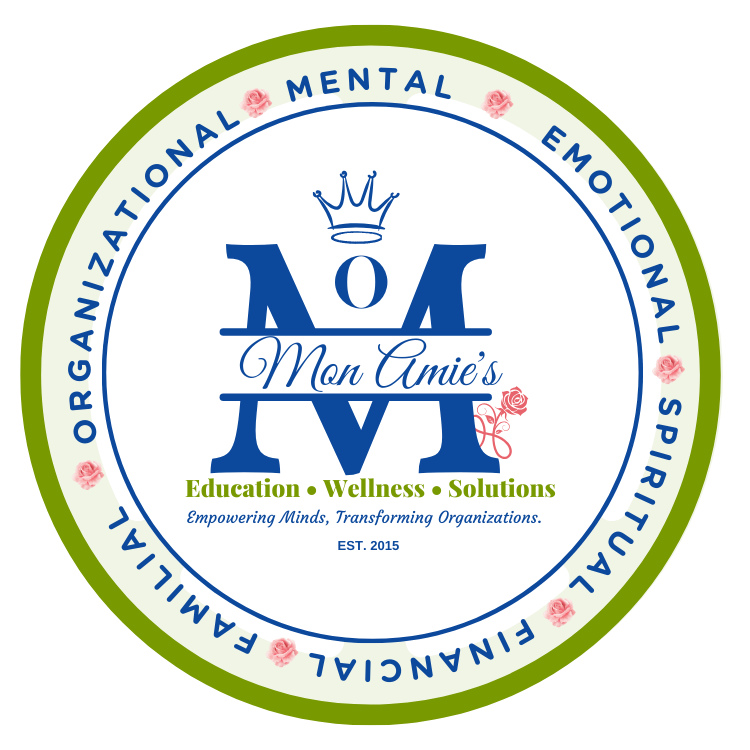Nurturing Educational Equity: Understanding Trauma and Shifting Discipline Approaches
Educational equity in underserved communities is a multifaceted issue that affects students in underserved communities across the country, and requires a nuanced understanding of the challenges faced by students, including the presence of trauma. These communities often face a myriad of challenges that can impact their educational outcomes, including a lack of parental involvement, high crime rates, and pervasive poverty. Pervasive poverty, characterized by a lack of basic necessities, intersects with trauma to create significant barriers to educational equity in underserved communities. Students living in poverty often face challenges such as limited resources, unstable living conditions, and higher levels of stress and trauma, which can hinder their academic success.
How Does Poverty & Trauma Affect Educational Outcomes
The impact of poverty and trauma can create a cycle of disadvantage, affecting students' ability to learn and succeed in school. Punitive disciplinary approaches in schools serving underserved communities can further exacerbate these challenges, disproportionately impacting students living in poverty. These factors can create barriers to success for students, making it difficult for them to thrive academically. Many students in these communities have also experienced trauma in various forms, such as violence, abuse, or loss, which can have a profound impact on their ability to learn and succeed in school.
Factors Impacting Educational Equity
One key issue that can impact educational equity in underserved communities is the lack of parental involvement in their child’s education. Many parents in these communities may be working multiple jobs or facing other challenges that prevent them from being actively involved in their child’s schooling. This lack of parental support can have a significant impact on a student’s academic success, as parental involvement has been shown to be a key factor in student achievement.
Additionally, high crime rates and poverty can also have a negative impact on educational outcomes for students in underserved communities. Students who are exposed to violence or live in poverty may struggle to focus on their studies and may face additional challenges that can impact their ability to succeed in school. These external factors can create an environment that is not conducive to learning, making it difficult for students to reach their full potential.
Discipline Misconceptions in Underserved Schools
Another misconception that can impact educational equity in underserved communities is the belief that teachers and administrators need to be mean, yelling, and strict in order to gain student respect. This misconception can lead to a punitive approach to discipline that can be harmful to students, particularly those from underserved communities. When students who have experienced trauma are met with punitive discipline measures, such as yelling or harsh punishments, it can retraumatize them and further hinder their academic progress. Research has shown that punitive approaches to discipline can exacerbate the challenges faced by traumatized students, making it essential for educators and administrators to adopt a more empathetic and supportive approach. Research has shown that positive relationships between students and teachers are essential for academic success, and that a supportive and nurturing environment can help students thrive.
How Can You Create a Supportive Learning Environment in Underserved Communities?
Understand the unique challenges faced by students in underserved communities
Build strong relationships with students
Provide support and resources to students in need
Challenge misconceptions about discipline and respect
Shift Towards a Trauma-Informed Approach:
Understand the impact of trauma on students
Provide appropriate support and resources for students who have experienced trauma
Foster positive relationships based on trust and empathy
Promote Educational Equity Through a Just and Equitable System:
Challenge misconceptions about discipline
Build a trauma-informed school culture
Support the success of all students, regardless of background or experiences
Commit to understanding trauma and shifting discipline approaches for a supportive learning environment
By challenging misconceptions about discipline and building a trauma-informed school culture, educators and administrators can help to create a more just and equitable educational system that supports the success of all students, regardless of their background or experiences. Nurturing educational equity requires a commitment to understanding trauma and shifting discipline approaches to create a supportive and inclusive learning environment for all students.
Educational equity is not just a moral imperative, but a necessary step towards creating a more just and equitable society for all.
________________________________________________________________
About Mon Amie’s Business, Wellness & Learning Solutions
At Mon Amie’s, we restore hope, remove barriers, and create spaces where people can thrive. Rooted in a deep commitment to equity, we work to remove systemic obstacles for neurodiverse students, struggling learners, and organizations facing cultural barriers that compromise mental and emotional wellness. Guided by compassion, empathy, and lived experience, we create environments where people feel seen, valued, and equipped to succeed—leaving every person and place better than we found it.
We serve our community through three core areas:
Learning Solutions – K-12 tutoring in Mathematics, English Language Arts, Literacy, and Organizational Skills Training delivered by highly qualified educators.
Wellness Solutions – Tailored support for individuals and families navigating high stress, anxiety, depression, and neurodivergent disorders, grounded in a trauma-informed approach.
Business Solutions – Organizational consulting focused on workplace culture, equity, and mental and emotional wellness.
Our vision is to see communities where every person is valued, barriers are removed, and opportunity is limitless. Mon Amie’s is building that future—one tutoring session, one coaching call, one child, and one family at a time.
Mon Amie’s Business, Wellness & Learning Solutions does not provide medical advice, diagnosis, counseling, therapy services, or treatment. Any information published on this website or by this brand is not a substitute for medical advice. Please consult a healthcare professional before making decisions regarding your health.



